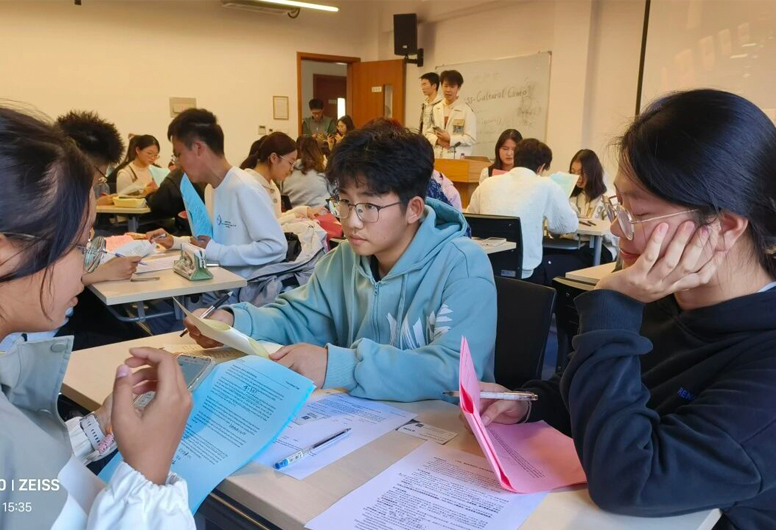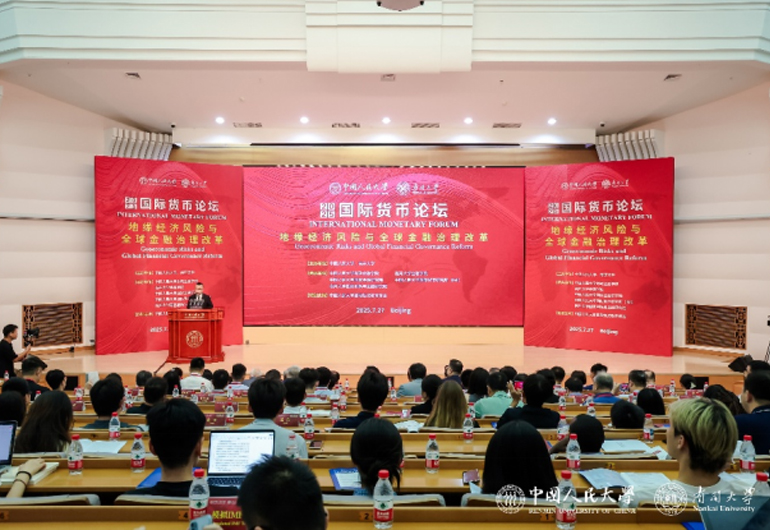Golden Glory | Nankai University Finance PhD Student Kang Runqi Publishes Paper in Economic Research
Recently, a scholarly paper titled “Inclusive Finance and Bankruptcy Risk of Small and Micro Enterprises: Evidence from a Quasi-Natural Experiment of Establishing Micro and Small Branches,” co-authored by Kang Runqi, a PhD student in finance at Nankai University, Haoran Li from Tsinghua University School of Economics and Management, and Shiyuan Liu from the School of Economics and Trade at Guangdong University of Foreign Studies, was officially published in the 11th issue of Economic Research in 2023. This journal is classified as a high-quality paper in the Chinese journal directory of Nankai University’s School of Finance.
Abstract:
Can inclusive finance alleviate the difficulties and high costs of financing for small and micro enterprises, reduce information asymmetry in the lending market, and ultimately lower their bankruptcy risk? To answer this question, this paper first constructs a model of the lending market for small and micro enterprises that includes information asymmetry, depicting the theoretical transmission mechanism between inclusive finance and the bankruptcy risk of small and micro enterprises. Secondly, using the establishment of micro and small branches as a quasi-natural experiment, this paper employs a multi-timepoint progressive difference-in-differences method to empirically test the impact of inclusive finance on the bankruptcy rate of small and micro enterprises. The results show that: (1) Inclusive finance can significantly reduce the bankruptcy rate of small and micro enterprises. Specifically, if a micro and small branch is newly established within a county, the bankruptcy rate of small and micro enterprises in that county decreases by approximately 36%. (2) Mechanism testing reveals that the establishment of micro and small branches can alleviate the degree of information asymmetry between borrowers and lenders and reduce the financing constraints of small and micro enterprises, thereby lowering their bankruptcy rate. (3) Extension analysis finds that financial technology innovation can enhance the effect of micro and small branches in reducing the bankruptcy rate of small and micro enterprises. This study provides empirical evidence and policy implications on how to develop inclusive finance to support the development of small and micro enterprises, boost the real economy, and maintain macroeconomic stability.
Kang Runqi, a 2022 PhD student in finance at Nankai University, focuses on commercial bank management. She has published two papers in journals such as Nankai Economic Studies and has received several honors, including third prize in the 2022 China Graduate Financial Technology Innovation Competition, first prize in the Nankai University Graduate Public Ability Scholarship, and the Nankai University Outstanding Master's Thesis Award.









